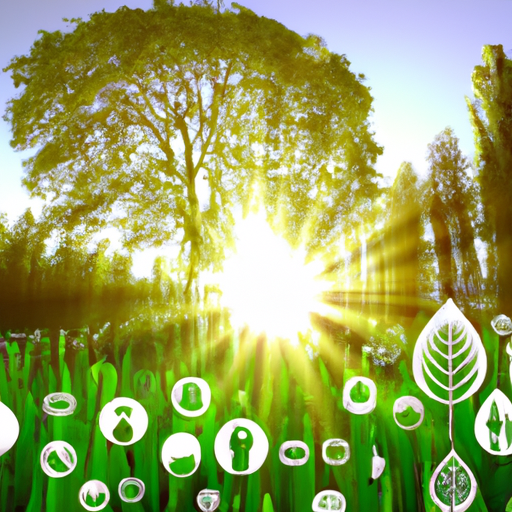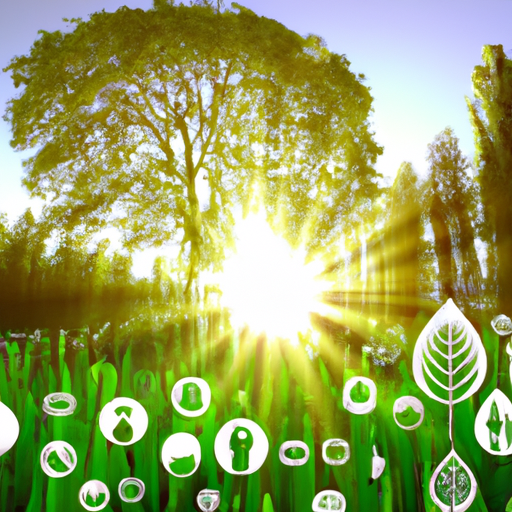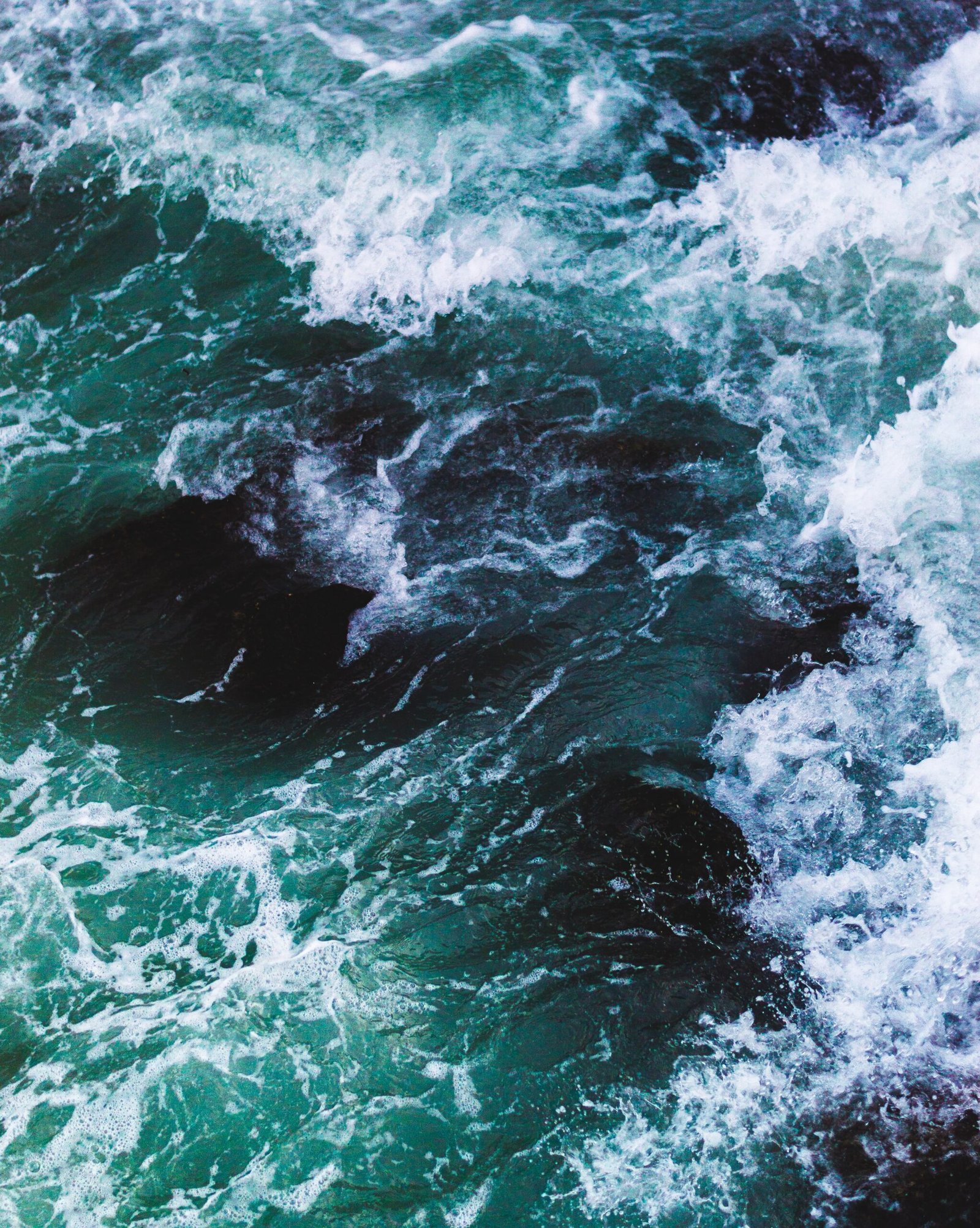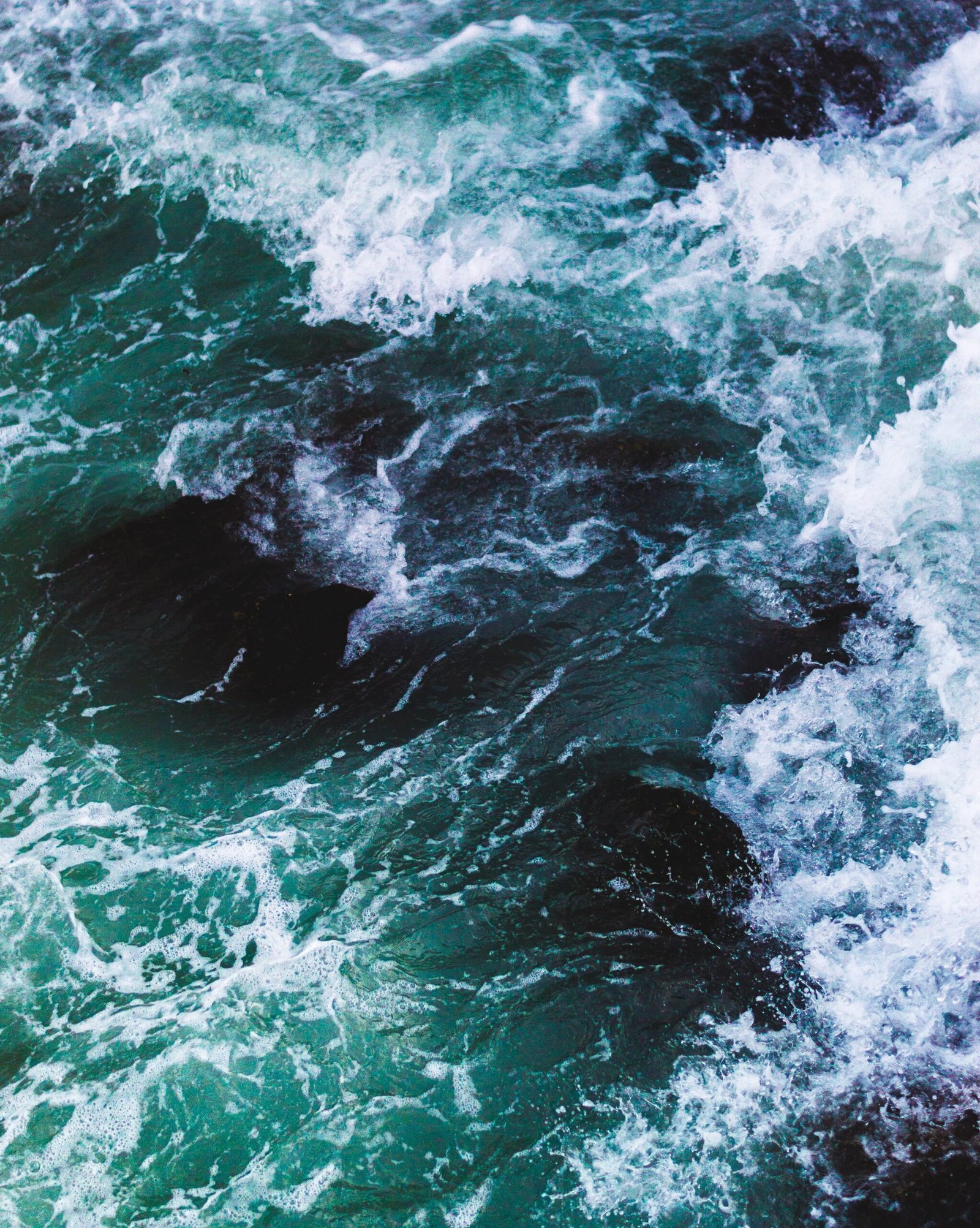Environmental Benefits
August 17, 2023 | by rainwatercollectionsystem.com

Experience the benefits of a greener and more sustainable water future with Rain Water Collection System. Our team is dedicated to providing innovative rainwater collection systems that not only offer practical advantages but also contribute to environmental conservation and resource efficiency. By capturing and storing rainwater for various uses, our systems reduce reliance on traditional water sources, leading to water conservation, lower utility bills, and a smaller carbon footprint. With our tailored solutions, advanced technology, and exceptional customer service, we are committed to ensuring that your rainwater collection system functions optimally for years to come. Join us in making a positive impact on the environment while enjoying the advantages of efficient water utilization.

Water Conservation
Water conservation refers to the practice of using water more efficiently and reducing the amount of water wasted. It is a crucial aspect of environmental sustainability as freshwater resources are becoming increasingly scarce. By implementing water conservation strategies, we can help preserve and protect this valuable resource for future generations.
Rainwater harvesting is a key method of water conservation. It involves the collection and storage of rainwater from rooftops, which can then be used for various purposes such as irrigation, flushing toilets, and doing laundry. By utilizing rainwater, you can significantly reduce your reliance on municipal water supplies, resulting in a reduced strain on freshwater sources.
Reduction in Water Pollution
One of the significant benefits of water conservation is the reduction in water pollution. When we conserve water, we decrease the demand for water treatment and purification. This reduces the amount of chemicals and energy required to treat water, resulting in a decrease in pollutants released into our water sources.
By implementing rainwater collection systems, you can directly contribute to reducing water pollution. Rainwater is free from pollutants such as chemicals, heavy metals, and fertilizers, making it a clean and natural alternative to treated water. This not only benefits the environment but also ensures that our water resources remain clean and safe.
Energy Conservation
Conserving energy is essential for reducing greenhouse gas emissions and combating climate change. It is also closely linked to water conservation. Many aspects of water usage, including pumping, treating, and heating water, require significant amounts of energy. By conserving water, we indirectly conserve energy as well.
Rainwater harvesting systems can contribute to energy conservation by reducing the reliance on energy-intensive processes. Rainwater is naturally available and does not require extensive treatment like municipal water. By utilizing rainwater, you can reduce the energy required for water pumping, treatment, and distribution.
Improved Air Quality
Conserving energy through water conservation also has a positive impact on air quality. The energy used to power water treatment plants and pumps often comes from fossil fuel sources, which release harmful pollutants into the air. By conserving water and reducing the energy demand, we can help decrease air pollution and improve air quality.
Rainwater harvesting systems play a vital role in improving air quality. By utilizing rainwater instead of relying solely on municipal water, we decrease the energy demand from water treatment plants, resulting in a reduced emission of pollutants into the atmosphere. This leads to cleaner air and a healthier environment for all.

Enhanced Biodiversity
Water conservation efforts can have a significant impact on biodiversity conservation. Many ecosystems depend on freshwater sources, such as rivers, lakes, and wetlands, for their survival. However, excessive water extraction and pollution threaten these habitats and the species that rely on them.
By conserving water, we can help protect and restore these ecosystems. Reduced water consumption means less pressure on freshwater sources, allowing them to maintain healthy water levels and support diverse plant and animal life. Additionally, rainwater harvesting systems provide a sustainable water source that does not negatively impact natural habitats.
Climate Change Mitigation
Climate change is a pressing global issue, and water conservation plays a crucial role in mitigating its effects. Climate change leads to more frequent and intense droughts and floods, making water scarcity an even more significant challenge. By conserving water, we can adapt to these changing conditions and ensure a reliable water supply for essential needs.
Rainwater harvesting is a climate change adaptation strategy that helps build resilience. By capturing rainwater, we can store it for periods of drought, reducing the strain on traditional water sources. This not only helps in times of water scarcity but also contributes to reducing the energy demand associated with water treatment.

Reduced Pressure on Natural Resources
Water conservation practices help alleviate the pressure on natural resources. Freshwater sources are finite, and as the world’s population grows, the demand for water increases. By conserving water, we ensure that these resources are used sustainably and are available for future generations.
Rainwater harvesting systems are an effective way to reduce the pressure on natural water sources. By utilizing rainwater, we reduce the reliance on groundwater and surface water, which are often overexploited. This helps to preserve these valuable resources and maintain a balance in the natural water cycle.

Sustainable Land Use
Water conservation is closely linked to sustainable land use practices. When we conserve water, we also promote the efficient use of land resources. Water-intensive activities such as agriculture can have a significant impact on land and water resources. By conserving water, we can reduce the need for excessive irrigation and protect ecosystems from degradation.
Rainwater harvesting systems can be integrated into land use planning, ensuring that water is used efficiently and sustainably. By utilizing rainwater for irrigation, we can reduce the reliance on groundwater and minimize the impact of agriculture on natural ecosystems. This promotes a more sustainable and environmentally friendly approach to land use.
Promotion of Green Infrastructure
Water conservation efforts often go hand in hand with the promotion of green infrastructure. Green infrastructure refers to the use of natural processes and systems to manage water and provide multiple environmental benefits. It includes practices such as rain gardens, green roofs, and permeable pavements.
Rainwater harvesting systems can be considered a form of green infrastructure. They capture and store rainwater, mimicking natural water retention processes. By incorporating green infrastructure into urban and rural landscapes, we can reduce stormwater runoff, prevent flooding, and recharge groundwater aquifers. This helps to maintain a healthy water balance in the environment.

Beneficial for Human Health
Water conservation has direct benefits for human health. Access to clean and safe water is essential for our overall well-being. By conserving water and reducing water pollution, we can ensure a sustainable and reliable water supply that meets our health needs.
Rainwater harvested from rooftops is naturally free from pollutants and chemicals, making it a safe and healthy alternative to treated water. By utilizing rainwater for various non-potable uses such as irrigation and toilet flushing, we reduce the demand for treated water, ensuring its availability for drinking and cooking purposes.
In conclusion, water conservation through rainwater harvesting systems offers numerous environmental benefits. From reducing water pollution and enhancing biodiversity to promoting energy conservation and sustainable land use, these systems play a vital role in protecting our natural resources. By adopting water conservation practices, we can make a positive impact on the environment while enjoying the advantages of efficient water utilization.
RELATED POSTS
View all





